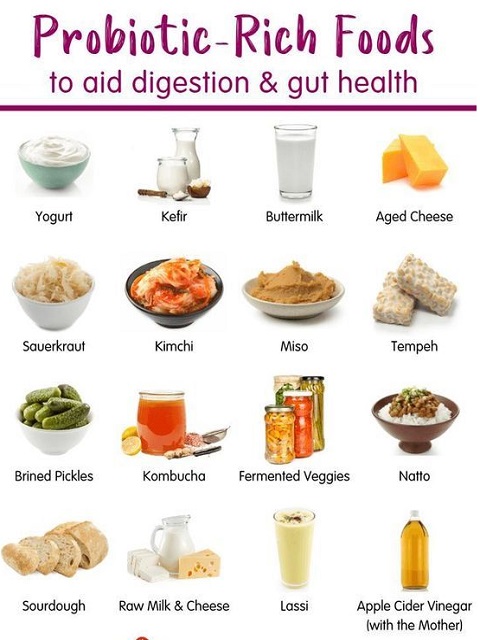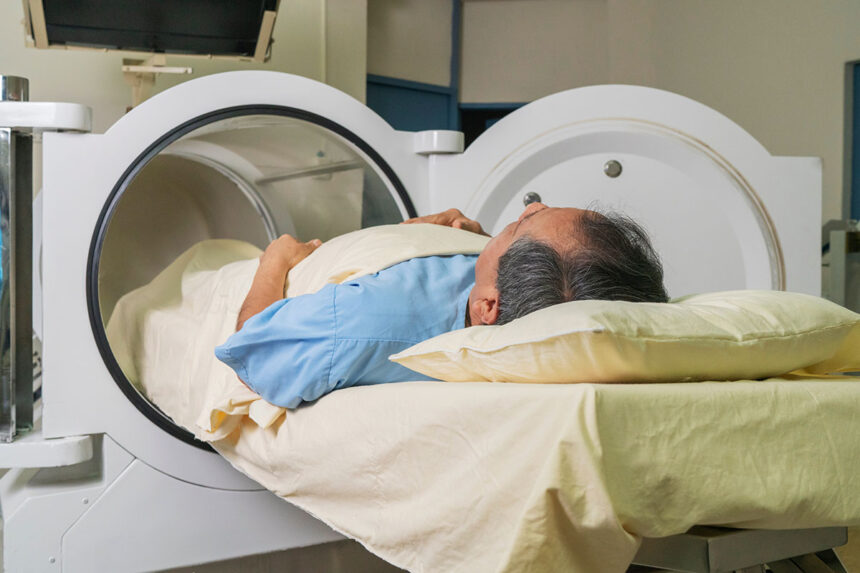Gut health has become a hot topic in the wellness world, and for good reason! Your gut microbiome plays a vital role in digestion, immunity, and even mental health. One of the best ways to support your gut? Probiotics!
All disease begins in the gut.
Hippocrates
Probiotics are live beneficial bacteria that help balance your gut flora, promoting better digestion, stronger immunity, and improved mood. But how exactly do they work, and how can you incorporate them into your daily routine? Let’s dive in! 🚀
What Are Probiotics? 🦠
Probiotics are good bacteria that naturally live in your gut and contribute to various health functions. When taken in sufficient amounts, they:

✅ Improve digestion and nutrient absorption 🍽️
✅ Strengthen immune defenses 🛡️
✅ Help balance gut bacteria, preventing bloating and discomfort 🌿
✅ Support mental well-being via the gut-brain axis 🧠💡
📖 A study published in Nature Reviews Gastroenterology & Hepatology highlights how probiotics can enhance gut microbiota composition and overall health (source).
How Probiotics Improve Gut Health 🌿

1. Enhancing Digestion and Nutrient Absorption 🍽️
Probiotics break down food, helping your body absorb essential nutrients like vitamins, minerals, and amino acids. They also help regulate bowel movements, reducing constipation and diarrhea.
🔹 Lactobacillus strains aid in breaking down lactose for better dairy digestion 🥛
🔹 Bifidobacteria help maintain a healthy colon, preventing bloating and gas 💨
2. Strengthening the Immune System 🦠🛡️
Did you know that 70% of your immune system is in your gut? Probiotics:
✅ Increase antibody production
✅ Help fight off harmful bacteria and viruses
✅ Reduce inflammation, protecting against chronic diseases
This is why probiotic-rich foods are often recommended to support immune health! 🍊
3. Supporting Mental Health via the Gut-Brain Axis 🧠💡
Your gut and brain are closely connected through the gut-brain axis. A balanced microbiome can:
✅ Reduce stress and anxiety
✅ Improve mood and focus
✅ Enhance sleep quality 😴
📖 Studies show that probiotic supplementation can help reduce symptoms of depression and anxiety (source).
Best Probiotic-Rich Foods to Eat 🍎
Want to naturally boost your gut health? Try these probiotic-packed foods:
The road to health is paved with good intestines!
Sherry A. Rogers, M.D.
🥛 Yogurt – A classic source of live cultures
🥤 Kefir – A fermented milk drink with diverse bacteria
🥬 Sauerkraut & Kimchi – Fermented cabbage packed with probiotics
🫘 Miso & Tempeh – Fermented soy products rich in beneficial bacteria
For best results, pair probiotics with prebiotics (fiber-rich foods like bananas, onions, and garlic) to feed your good bacteria!
Should You Take Probiotic Supplements? 💊
If you don’t eat enough probiotic-rich foods, a high-quality supplement can help. Look for:

✔️ Strains like Lactobacillus & Bifidobacterium
✔️ At least 10 billion CFUs (colony-forming units)
✔️ Diversity of strains for maximum benefits
Tip: Take probiotics with food for better survival through stomach acid!
Final Thoughts: Why Probiotics Matter 🌱
Improving gut health with probiotics can:
✅ Boost digestion 🍽️
✅ Strengthen immunity 🛡️
✅ Support mental well-being 🧠
✅ Reduce bloating & discomfort 💨
Whether through fermented foods or supplements, probiotics are a simple yet powerful way to optimize your gut health.
🦠 Recent Insights into Probiotics and Gut Health Optimization: Unlocking the Power of Your Microbiome 🍎
Probiotics are gaining recognition for their critical role in gut health, digestion, immunity, and even mental well-being. Recent studies continue to explore how these beneficial bacteria influence the gut microbiome and overall health. Here’s what the latest research reveals:
“Probiotics Enhance Gut Microbiome Diversity and Digestion” 🦠🍽️
A study published in Nature Reviews Gastroenterology & Hepatology found that consuming probiotics can significantly increase microbial diversity in the gut, leading to:
✅ Better digestion and nutrient absorption
✅ Reduced bloating and constipation
✅ Stronger gut lining, preventing leaky gut syndrome
📖 Read more: Study on probiotics and gut microbiota
“Probiotics Strengthen the Immune System and Reduce Inflammation” 🛡️🔥
A systematic review in Frontiers in Immunology found that probiotic supplementation boosts immune response by:
✅ Enhancing antibody production 🦠
✅ Reducing gut and systemic inflammation
✅ Protecting against harmful bacteria and infections
This suggests that probiotics play a crucial role in preventing illness and strengthening the body’s natural defenses.
📖 Explore the findings: Probiotics and immune health
“Probiotics Support Mental Health via the Gut-Brain Axis” 🧠💡
Emerging research shows that the gut and brain are closely linked. A study in Psychological Medicine found that probiotics:
✅ Reduce symptoms of anxiety and depression
✅ Improve serotonin and dopamine levels
✅ Enhance cognitive function and focus
📖 Read the full article: Probiotics and mental health
“Probiotics May Help with Weight Management and Metabolism” ⚖️🔥
A study published in Obesity Reviews found that probiotic supplementation can influence weight regulation and metabolic health by:
✅ Balancing gut bacteria linked to obesity
✅ Reducing fat storage and inflammation
✅ Improving insulin sensitivity
This suggests that probiotics may be a valuable tool in weight management strategies.
📖 Discover more: Study on probiotics and metabolism
“Probiotics Improve Skin Health and Reduce Acne” ✨🧴
Your gut health directly impacts skin health. A study in The Journal of Dermatological Science found that probiotics can:
✅ Reduce acne and skin inflammation
✅ Support a healthier skin barrier
✅ Improve conditions like eczema and rosacea
📖 Learn more: Probiotics and skin health
Final Thoughts: Should You Take Probiotics? 🤔
These recent studies confirm that probiotics can:
✅ Improve digestion and gut health 🦠
✅ Strengthen immunity 🛡️
✅ Support mental well-being 🧠
✅ Aid in metabolism and weight management ⚖️
✅ Promote healthy, glowing skin ✨
You can boost your probiotic intake through fermented foods (yogurt, kefir, kimchi, sauerkraut) or high-quality supplements. However, it’s always best to consult a doctor before starting a new supplement routine.
💡 Do you take probiotics? Share your experience in the comments! ⬇️😊

























